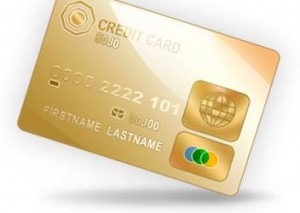The perpetrators of scams, fraud, and other forms of theft never seem to take a break from trying to steal our money and personal information, despite our best efforts to protect ourselves. There are, however, simple steps you can take to significantly reduce your chances of becoming a victim.
- Be alert and proactive in protecting yourself.
- If a phone call, e-mail message, or mailed correspondence claims to be from your financial institution and contains an offer or request that seems too good to be true (or just plain suspicious), assume that it is fraudulent. Your assumption is probably right. Scammers often have some of your personal information and are seeking the rest. Contact your institution if you have questions.
- Be careful what you post on social networking sites. Less is best. Avoid showing your full name, date of birth, and city. That information alone is often all a defrauder needs to start the process of getting your financial information or applying for loans and credit cards in your name.
- Keep wallets and checkbooks in a secure place on your person. Avoid keeping your wallet in your back pocket, where it can fall out or be stolen easily.
- Leave unneeded cash, credit cards, and debit cards at home or another safe place. Carry only what you need.
- Set up electronic or Internet-based bill payments when possible for your regular bills. The Internet is not immune from thieves attempting to steal information, but secure websites can provide more protection than having your bills or payments sitting in an unsecured mailbox.
These are just a few preventive measures you can take to avoid being victimized by fraud and identity theft.
This message courtesy of our favorite credit union Deseret First Credit Union.




